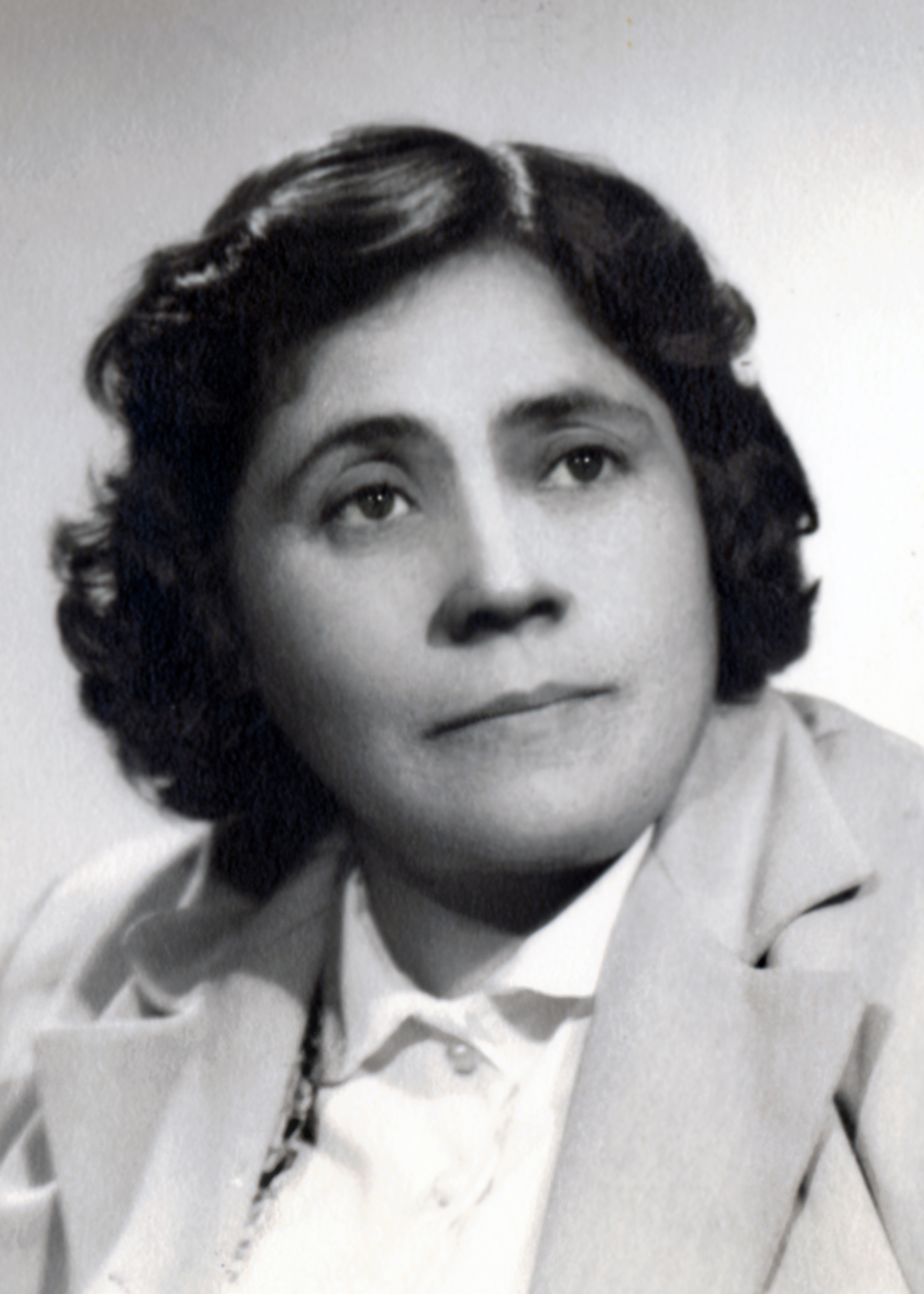Shared Stories: Homage to my abuelita
Vicente Madrid honors his grandmother with this memoir of her love and the critical role she played in his family. Shared Stories is a weekly column featuring articles by participants in a writing class at the Norwalk Senior Center. Bonnie Mansell is the instructor for this free class offered through the Cerritos College Adult Education Program. Curated by Carol Kearns.
By Vicente Madrid
Speaking in the dialect of la Capital where they don’t just say it, they sing it, the shaman explained the intention of el Dia de los Muertos.
“The purpose of the ritual,” he said, “is to remember those who have gone before us. We believe that one dies three times in this life. The first is when you’re heart stops beating. The second is when you’re buried and returned to Mother Earth. The third and the one nobody wants, is when you are forgotten. Hence the notion of honoring loved ones by creating works of art, literature, altars and sweets to eat in the form of skulls and skeletons as metaphors for loved ones who have transitioned to the next world.”
It is in this spirit that I commemorate the birthday of my abuelita Carmen Ramirez de Aceves. On May 4, 2018, Abuelita turned 113 years old. Those who were present in our family will tell you that without her sacrifices, we would not be here today.
Even though she was on call from the canneries where tuna ships docked at the harbor, Grandma made time to slow-cook traditional Hispanic delicacies. No one has even come close to duplicating the taste of her fideo and nopales de camaron. The first bite of her home-made tortillas made from scratch, straight from the fire with a dash of butter, is locked in the memory of my taste buds.
In addition to cooking, Abuelita’s forte was her demeanor. A woman of uncompromising principles, proud of doing everything for herself and owing nothing to anyone, she was the rock in our family.
Discourse was by no means wasted on small talk or chitchat; everything she said was important. Her honesty was brutal and her word was gold. When Dad died, she took full responsibility taking care of her mom, my mother and five fatherless children under the age of nine.
With no formal education, she made sure we never went hungry, paid the bills and sent us to school with new shoes and clean clothes.
To my knowledge, Grandma never drove a car. With broken English, she managed to find work and commute with coworkers who lived nearby. Her main transportation was the red streetcar that stopped across the street from our house on Willowbrook Avenue. She also rode the bus and an occasional taxi.
After the Watts uprising when streetcars became obsolete and taxicab service was suspended in Compton, she relied on her daughter and grandkids for travel.
I thank my lucky stars for the typesetting position at my job in downtown L.A. Although short on sleep, the night shift created the opportunity to take Grandma shopping, on road trips and doctor’s appointments.
In those days there was no “me too” movement; women fended off unwanted proposals by telling superiors where to go when they overstepped their boundaries. Encouraged by coworkers, Abuelita practiced the phrase “go to hell.” However, it sounded like “go tu hill” when she said it.
“What hill?” I asked, “there’s no hills here.” Bless her heart, who knows how many times she was obliged to employ that expression at the canneries in San Pedro harbor.
Every morning when I pass by her picture, I shower Grandma with praise. My chant starts in English and converts to Spanish in case she’s listening. Buenos dias Abuelita, te amo. Gracias por todo lo que isiste para nosotros. Descanse en pas. Te miro en el otro lado.
Good morning Grandma, I love you. Thank you for taking care of us. I’ll see you on the other side.

